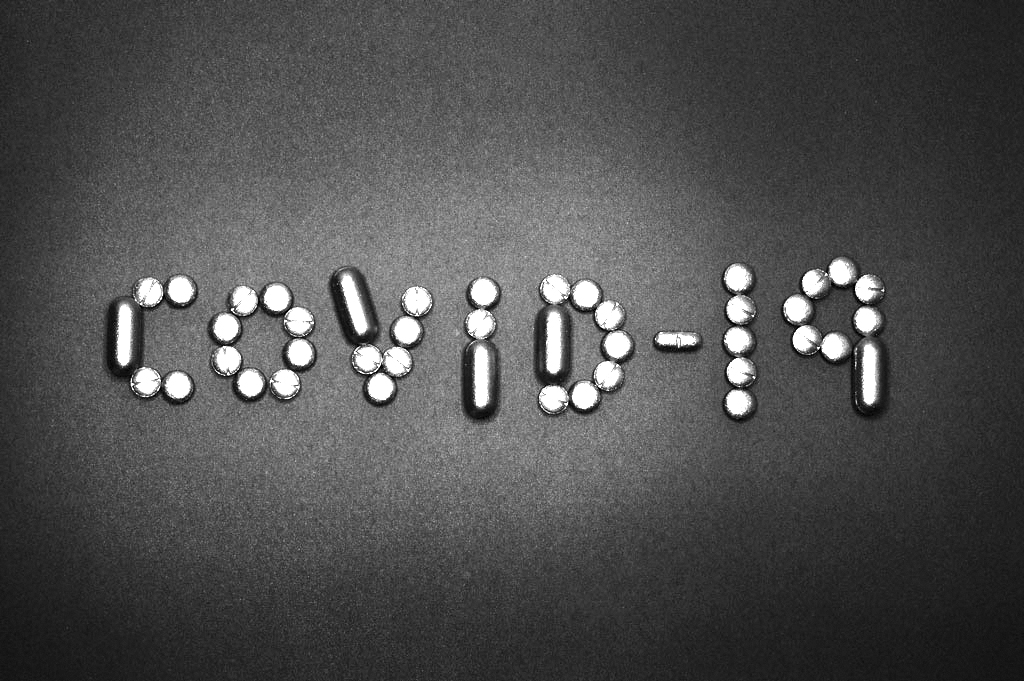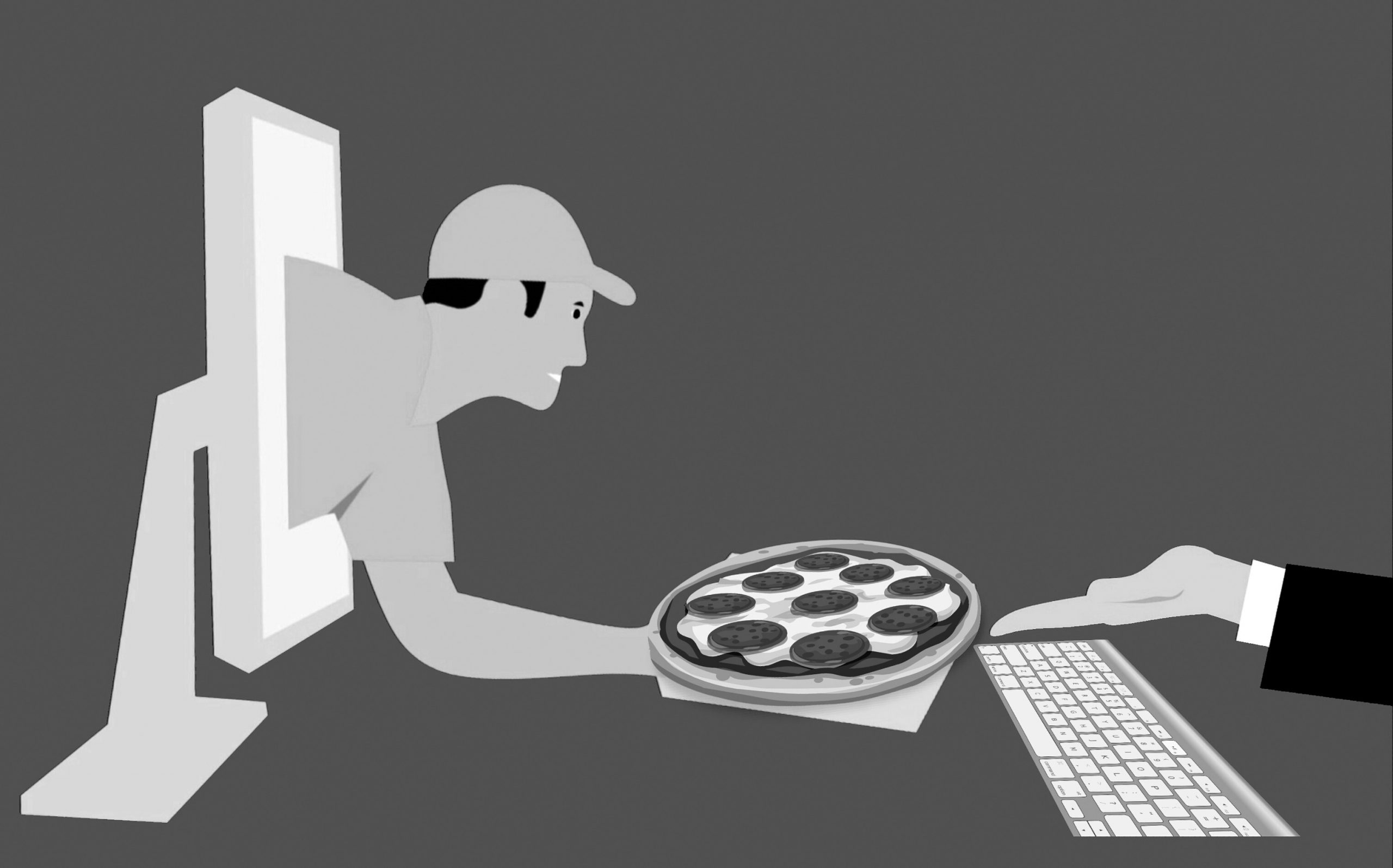Temple Law Hosts Symposium: Contract in Crisis
Professor Jonathan Lipson and Interim Dean Rachel Rebouché hosted a workshop for contributions to Contract in Crisis, an upcoming special issue of Duke University’s LAW AND CONTEMPORARY PROBLEMS. Workshop topics included doctrinal solutions to addressing the concurrence of COVID-19 and income inequality, as well as the benefits of using private ordering solutions in times of public crisis in lieu of public regulation.








